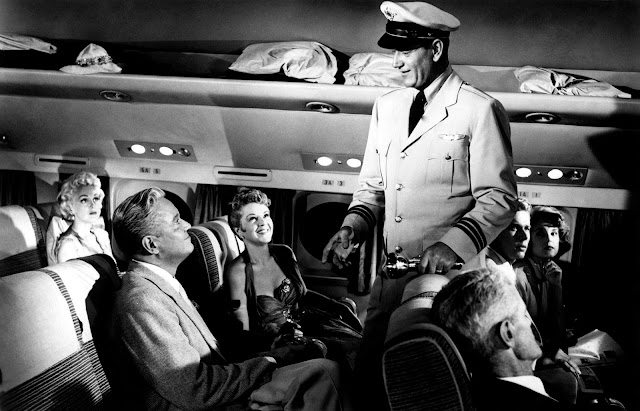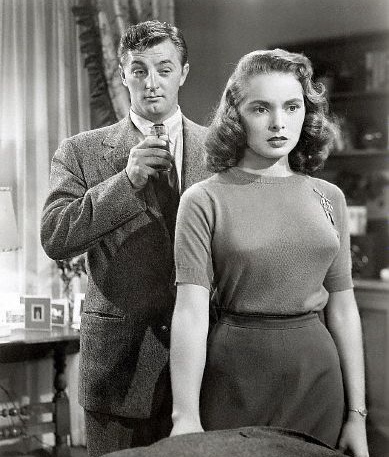Once upon a time, a restless vagabond visited New York on a quest. The ancients of her village had instructed her to find a hidden treasure, one that would refresh her soul, touch her spirit, and wash away the tired callouses of life, advising, "New York is a kingdom of many hidden treasures that will speak to your soul, yet the key is to find the one meant just for you."
The vagabond marveled at the Shakespearean sonnet gardens in Central Park, for her love of the Bard was great and her fascination with iambic pentameter endless. "Perhaps this is my treasure," she thought. "Regardless, it is a treasure no doubt, but I will continue my journey."
The little vagabond trudged on through the shifting shades of the swaying trees, marveling at jazz musicians and wandering opera singers, until she stood quietly contemplating an angel beckoning to her from a captive sea. "I shall add this to my treasure of memories," she thought, "though my hidden treasure is yet to be found."
At the sight of a crying maiden she was much disturbed, and pitied the maiden's unfortunate dye job while secretly envying her perfect eyelashes. "The esteemed Sir Lichenstein is a great treasure indeed," she noted, though perhaps not the one she sought.
Next, the vagaond turned to find herself viewing the most beautiful painting she had seen in her life. "Never," thought she, "have I seen all of the magic, heartbreak, joy, and beauty of the entire world held captive on a single piece of canvas."
"I shall add this to my memories of my greatest moments in life," she thought, "and yet, inexplicably, I feel that my quest is not yet complete."
A great arch by surprise did take the damsel, and her eyes strained to decipher the mysterious carvings and gallant words. Though it was indeed of stunning stature and style, the scent of viands of Italian influence irresistibly drew her away to the village of green witches. There, she found neither witches nor sorcerers, instead savoring hidden bookstores, crisply scented ice cream parlors, delightfully grungy cafes, and succulent oases of spice, sandwiches, and cider.
The next morning, after sleeping above the fragrant open-air shops selling Lady Chelsea's flower, the vagabond set out once more. "Soon I must return to my hamlet, so I must find the hidden treasure soon."
She trekked along the broadest way she had ever trod, marveling at the throngs of sojourners and colossal, seemingly mile-high paintings of minstrels, merchants, and musicians. The little vagabond spotted one in particular, which stood confidently apart from the rest, like a phantom surveying the unknowing world of the daytime.
The little vagabond smiled. For her quest was complete.
























_06.jpg)





